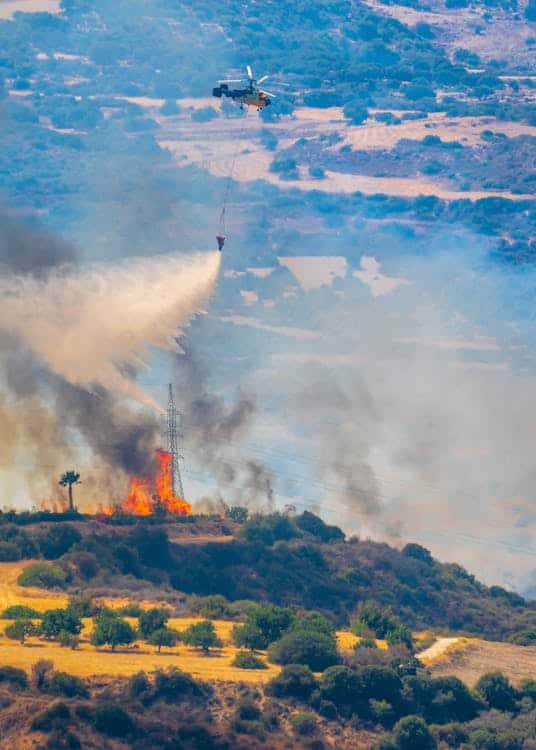How to claim bush/lalang destroy your home It’s been scorched and hazy in most parts of the country. Here is a “simple write-up” about standard fire insurance policy coverage for losses caused by bush (or lalang) fire damage to your home. How to claim bush/lalang destroys your home? Bush fires can erupt at any time. […]
